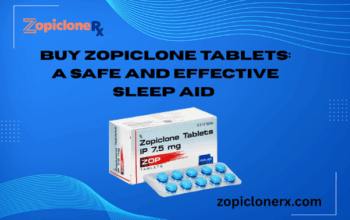Sealants are defined as thin, transparent varnish that is applied on the occlusal surfaces of the posterior teeth, namely the premolars and the molars. The sealants are in a liquid form, which, when applied, can effectively settle into the deep pits and grooves of the teeth, sealing them completely.
Sealants offered by the dentist in Breckenridge, CO, prevent plaque and bacterial adhesion by forming protective coatings that shield your teeth from harmful disease-causing bacteria.
When is a dental sealant used?
The indications for placing dental sealants are as follows:
- Pits and fissures of deciduous teeth in children
- People with an increased risk of caries
- Pits and fissures of permanent teeth in children and adolescents
- Pits and grooves of permanent teeth in adults
- Incipient caries lesions in children, adolescents, and adults
- Teeth that are not accessible to regular brushing and flossing
What benefits do dental sealants offer?
Here are six incredible benefits sealants offer and how your teeth can benefit.
- Sealants protect against plaque and food buildup
- Sealants are suitable for all ages
- They prevent the development of cavities
- They reduce deep grooves
- The process is quick and painless
- They are long-lasting (last up to 10 years)
- It is easy to repair and maintain them
- Sealants can save you money
- Reduce invasive dental treatments in the future
How are dental sealants applied?
Applying dental sealants is simple and a painless procedure. It only takes a few minutes for the dentist to apply sealant to each tooth. Your dentist will:
- Clean the teeth thoroughly
- Air dry your mouth and place a piece of gauze in the area to keep your teeth free from moisture
- Paint or coat a small amount of acid etching solution on the occlusal (chewing) surfaces of your teeth to roughen them up. This aids in good mechanical interlocking if the sealant to the tooth surface
- Rinse and dry your teeth
- Paint the sealant onto your enamel to bond it directly to the tooth.
- Shine or target a curing light on the sealant material to harden it.
Are dental sealants necessary?
It depends on your individual oral needs. Sealants are deemed necessary, especially in children aged 6 to 11 years. This is because children without sealant protection are three times more likely to develop tooth decay.
However, sealants are not for everyone. If you are partially erupted teeth, you may not benefit from sealants.
Final note
Dental sealants are an excellent investment that is a lot like raincoats for your teeth. The way a raincoat shields you, sealants shield your teeth from disease-causing bacteria. Though sealants aren’t foolproof, they can significantly reduce your risk of oral diseases like cavities, giving you the best chance for healthy teeth and gums.




